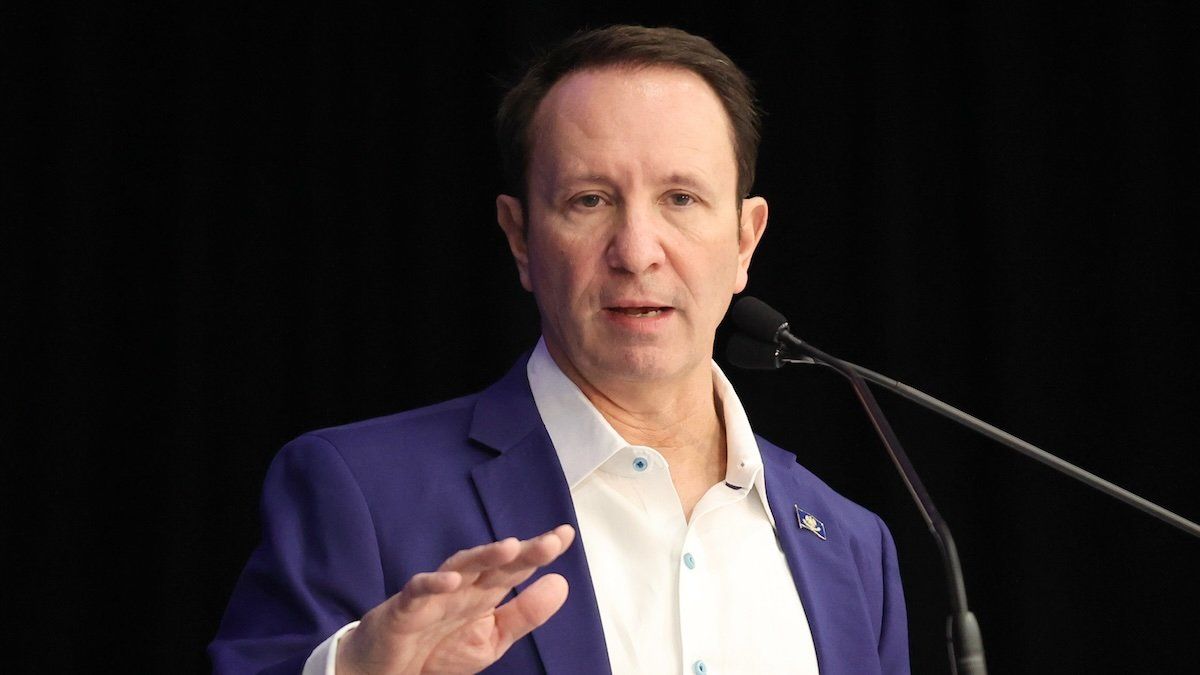If Gov. Jeff Landry signs a bill passed by the Louisiana legislature on Monday, judges could sentence people convicted of sexual offenses against children under 13 to be surgically castrated. That means the state could physically remove testicles or ovaries.
Louisiana and several other states already permit chemical castration for certain sex offenders, which involves a hormone drug cocktail meant to reduce libido but leaves the body intact and is reversible. No state currently allows judges to order the much more invasive, risky, and irreversible surgical castration.
Nonetheless, Louisiana’s legislature is opening a reproductive rights debate – and it’s not clear why, given that chemical castration is rarely applied today. Also, scientists doubt the effectiveness of surgical castration for preventing sex crimes.
Is the conservative Pelican state really OK with giving the state permission to mutilate the genitals of prisoners? Maybe not as much as it seems: The proposed punishment for a convict refusing to go through with the surgery would be 3-5 additional years in prison.
